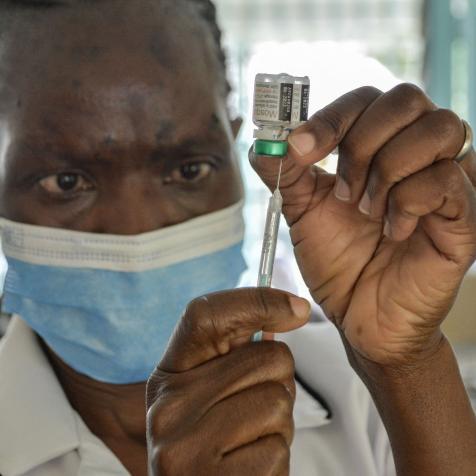
Fiordaliso
Brain Food: Neural Circuit Holds the Clue to Problem Eating
Some food impulses are hard to resist. The smell of bacon or hot buttered popcorn, the sight of cream cakes or burgers--these can lead to an impulse buy within seconds. Delicious food in any form can trigger a response that bypasses rational thought and wrecks our best intentions.
Weight gain and overeating are just two of the problems that could be tackled by a new discovery about how our brains work. Scientists have identified a specific circuit in the brain that affects impulsive eating. And if we can regulate it, then we could help people take control of their urges.
The Brain is in Charge

Rafe Swan
Now a team at the University of Georgia (UGA) says it has found a circuit in the brain that could be targeted to create therapies for people with impulsive food disorders.
"There's underlying physiology in your brain that is regulating your capacity to say no to (impulsive eating)," said Emily Noble, an assistant professor in the UGA College of Family and Consumer Sciences and lead author on the paper. "In experimental models, you can activate that circuitry and get a specific behavioral response.”
Impulsive behavior is typified by reacting without thinking in heightened emotional states, participating in risky or dangerous activity, and failure to anticipate negative outcomes to action, among others. Psychiatric disorders such as problem gambling and drug addition are driven by these impulses. The flashing lights of a slot machine trigger an instantaneous desire to gamble in a similar way to the impulse to eat too much.
The place in the brain responsible for regulating impulsivity is the hypothalamus. Its functions include regulating body temperature, thirst, sleep, circadian rhythms, and hunger. UGA researchers identified cells in the lateral hypothalamus that produce a transmitter called melanin-concentrating hormone (MCH) as crucial to food impulsivity.
Previous research has shown that MCH plays a role in regulating food intake. One study found that rats with decreased levels of the hormone reduced their intake and were resistant to diet-induced obesity.
The Science-y Stuff

fotografixx
To measure the influence of MCH on food impulses, the UGA team tested male rats and found that activating or suppressing cells that produce the hormone led to more impulsive behavior.
Rats were first trained to press a lever to receive a tasty high-fat, high-sugar pellet. Each rat then had to wait 20 seconds after activating the lever to receive the next pellet, but if they pressed too soon, they were penalized another 20 seconds.
By activating a neural pathway between the hypothalamus and the hippocampus, which is involved in learning and memory, researchers found they could interfere with the animals’ normal response to the pellets.
Results showed that the rats in the study liked the food they were given and were willing to work in the way they had been trained to get food pellets. But altering levels of MCH affected the hypothalamus-hippocampus circuit so the rats had less ability to stop themselves trying to get food.
"Activating this specific pathway of MCH neurons increased impulsive behavior without affecting normal eating for caloric need or motivation to consume delicious food," said Noble.
The fact that this circuit can affect food impulsivity leaves the door open to drugs and other treatments that might one day help people to stop their overeating. We may be able to help people stick to a healthier diet “without reducing normal appetite or making delicious foods less delicious," she added.


















